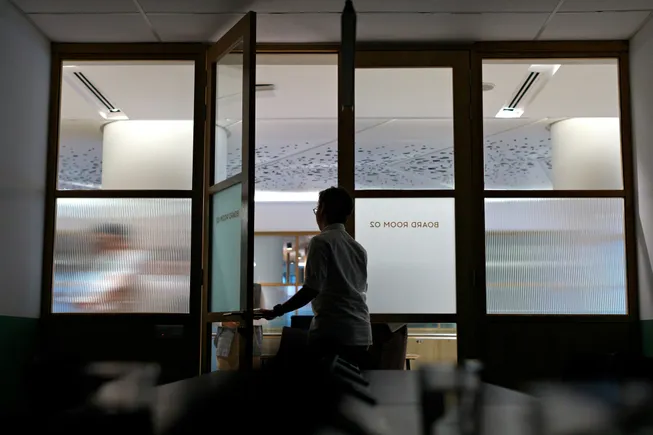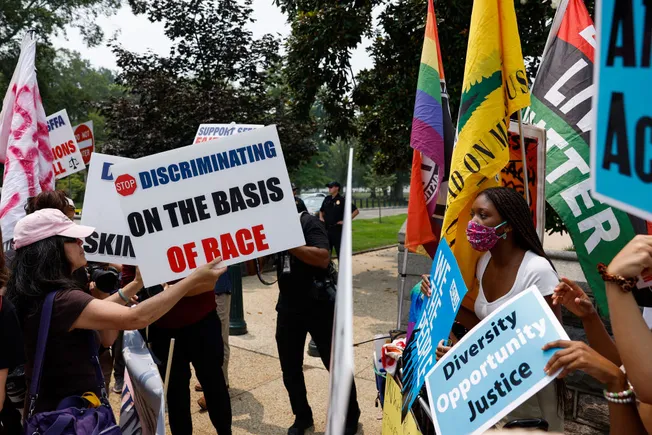Dive Brief:
- Despite ongoing shifts in the workplace, close to 2 in 5 CEOs told Orgvue, an organizational design software platform, that they would rather quit than lead any large-scale workforce transformation.
- About 60% of CEOs said that they believe decisions about transformation are “driven by human emotion rather than rational analysis” and 61% said they “don’t give enough thought” to such projects.
- “Our research suggests that transformation fatigue has the C-suite in its grip,” Oliver Shaw, CEO of Orgvue, said in a statement. “We think this is for two reasons: only 23% of transformation projects succeed; and many organizations are forced into crisis-response or event-based transformations.”
Dive Insight:
Managers are the most likely to experience disruptive change in the workplace. Their trust in leadership — as well as leadership’s ability to communicate — can influence whether change burns managers out or keeps them engaged, according to a 2024 Gallup report.
Employees who said they trusted their leadership were 4.5 times more likely to be engaged at work and 62% less likely to be burned out, Gallup said.
HR can also play a role in top-down change management. Per an iCIMS report in May, CHROs are increasingly leaned upon to lead such change. For example, many CHROs said they’re spending more time on talent acquisition than they were two years ago — a challenge that affects the entire organization and that CHROs are keenly positioned to navigate, one iCIMS executive said.
Additionally, HR’s people expertise will be crucial to any transformation effort, a McLean & Co. report said earlier this month. While IT leaders can help with digital expertise, especially important in an era of AI, people are core to a transformation’s actual success, the report said — and no part of the organization is better prepared for that than HR.






Leave a Reply